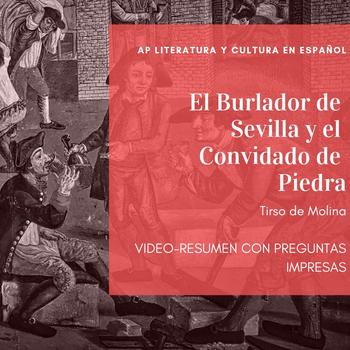
It causes some compassion but is represented in an ironic way. His death is unfair but can be seen as a punishment for his lack of self-control. He is a friend of the king of Castile and is obsessed with honor, but ignores the secret adventures of his daughter with the Marquis de la Mota. Dona Ana's father and murder victim at the hands of don Juan is depicted as an extremely conventional and rigid person at the beginning of the play. He is the antagonist who finally stops Don Juan's relentless destruction of the social order. Catalinón also sees clearly the higher purpose of Don Juan's ways, for he tells his Master: "I now know that you are the punisher of women." Through all the chaos and disorder that Don Juan generates, the servant perceives that, since Don Juan, like Satan, cannot work without the consent of others, the trickster is to a certain degree an instrument of God's justice who punishes women for their sexual and intellectual sins. Catalinón thus functiong as the voice of Don Juan's conscience, constantly reminding the youth of the two things that he has apparently forgot: God and Death. So the servant's name means catalejos, "to see afar," which is also the Spanish word for telescope.

Catar means to perceive and linón can be construed to be a derivation of lejos, far away. The servant, who considers himself a coward (cobarde), warns Don Juan that if he continues to seduce and abandon women he will eventually have to pay for it: "You who trick and deceive women in this way will pay for it in death." Such advice, which accumulates throughout the play to become a constant motif toward the end, is consonant with the etymology of Catalinón's name.


 0 kommentar(er)
0 kommentar(er)
